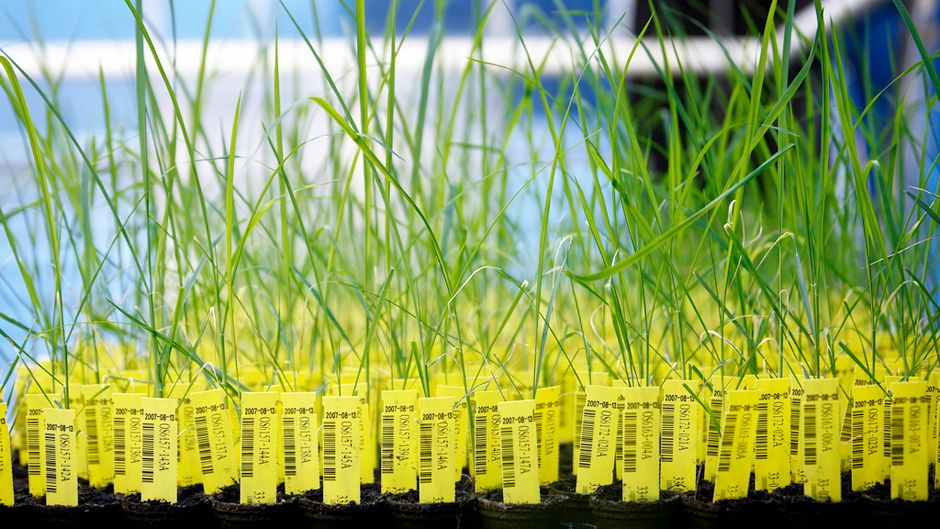GM CROPS

Disclaimer: Copyright infringement not intended.
Context
The Department of Biotechnology (DBT) has issued the ‘Guidelines for Safety of Genome Edited Plants, 2022’ to ease norms for research into genetically modified (GM) crops and circumvent the challenges of using foreign genes to change crops profile.
Genome editing
- Genome editing enables modification of plants’ owned genes, without insertion of external genes, as with GM crops.
- Genome-edited varieties possess no foreign DNA and are indistinguishable from crops developed through conventional plant-breeding methods or using naturally occurring mutations.
The Guidelines for Safety of Genome Edited Plants, 2022
- The guidelines have exempted the researchers who use gene-editing technology to modify the genome of the plant from seeking approvals from the Genetic Engineering Appraisal Committee (GEAC), an expert body of the Environment Ministry.
- The guidelines are a road map for the development and sustainable use of genome editing technologies in India, specifying the biosafety and/or environmental safety concerns and describing the regulatory pathways to be adopted while undertaking the genome editing of plants.
Environmental Concerns
- Environmentalists have opposed the exception as gene editing is included in genetic engineering which requires regulatory review.
- The function of genes can cause “large and unintended consequences” that can change the “toxicity and allergenicity” of plants.
- Gene editing can address some of the fears around the use of ‘foreign genes’ but it can only be used to express genes already present in a plant’s genome that are not manifest.
https://epaper.thehindu.com/Home/ShareArticle?OrgId=G949R92NS.1&imageview=0



1.png)
